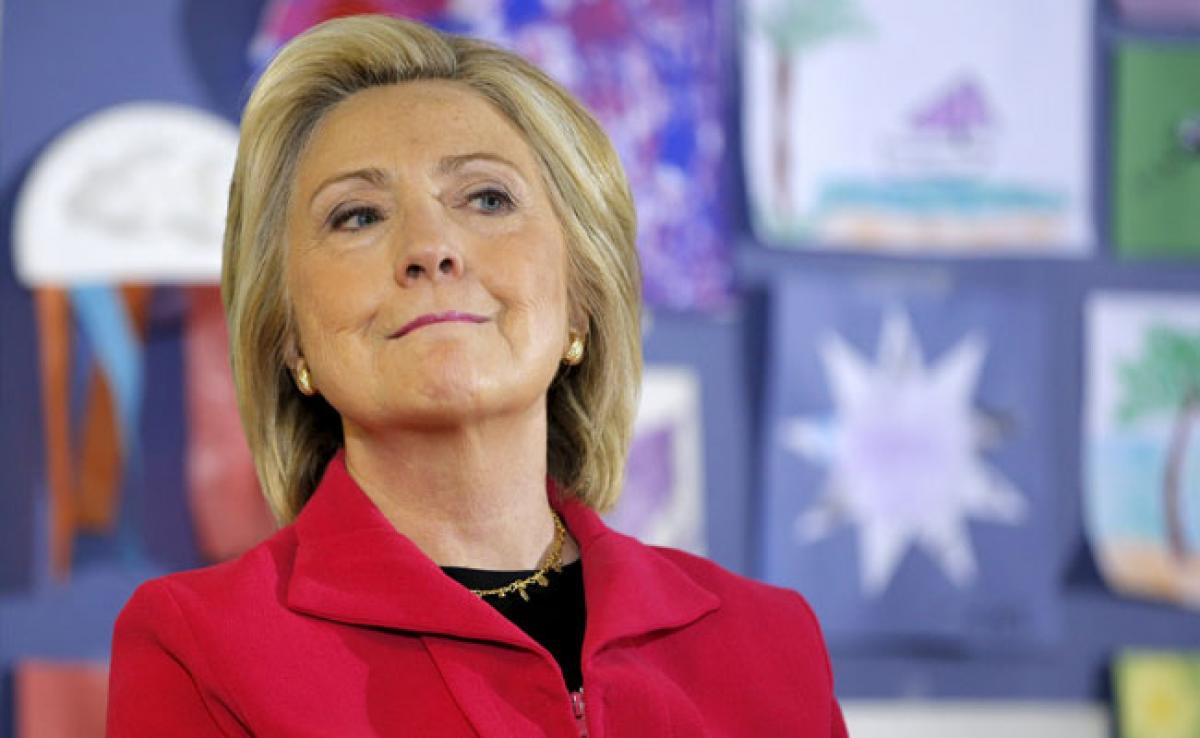Live
- Hamas denies its leaders leaving Qatar for Turkey
- Strategic Internal Audits in IT and Procurement Functions
- Pawan Kalyan addresses legislative council, emphasis on panchayat dumping yard management
- Muzarai dept to evict encroachments of temple lands
- CM Siddaramaiah inaugurates 27th Edition of Bengaluru Tech Summit
- India can and will play better, says Manolo Marquez after draw against Malaysia
- Top 4 Men’s Grooming Platforms Revolutionizing Self-Care in India
- 58% cut in NABARD funds from ₹5,600 cr to ₹2,340 cr for state
- YS Sunitha visits AP assembly, seeks update on probe in YS Viveka's murder case
- Bengaluru traffic violation: Cops collect Rs 7.62 lakh in just 5 hours





.jpg)




